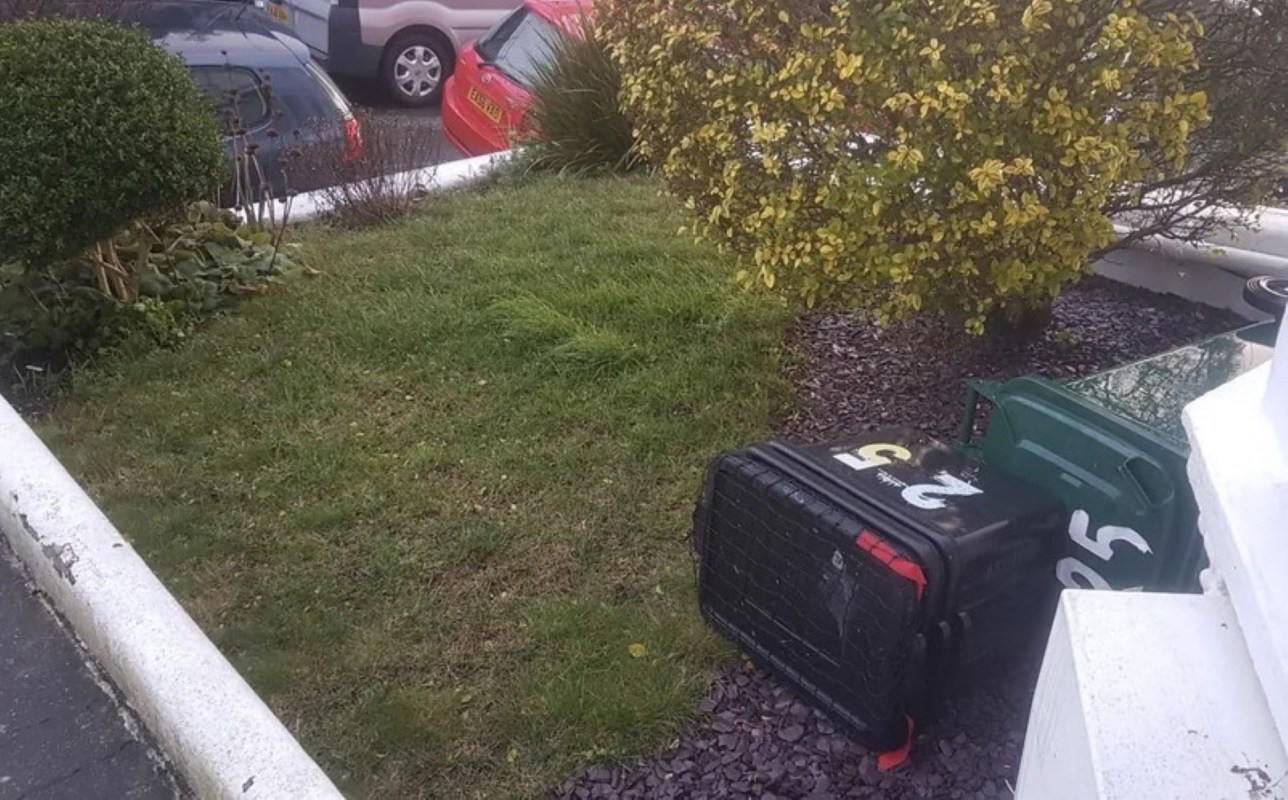Do you want your yard to stand out in the sea of grass lawns in your neighborhood? One Redditor shared before and after photos of their lawn that willl have you reaching for a shovel.
In a popular post, the user shares photos of their lawn transformation. They show their previously dull, expensive grass yard, then the thriving garden they created in its place.

"I ripped everything out and planted it up," the Redditor wrote in their post. "Looks a bit dormant in winter by buzzing with bees in the summer."
The user's yard faces the south, so they opted for drought-tolerant plants. South-facing lawns and gardens require more watering because they are often exposed to more sunlight.
These drought-tolerant plants are the perfect solution. They will thrive even during dry spells, require less maintenance, and look amazing on the sunniest days.
Ditching their grass lawn will help the Redditor save big on their water and maintenance bills.
Grass lawns are notorious water hogs; grass requires more than half a gallon of water per square foot. With homeowners watering their lawns multiple times a week, this can add up to thousands of gallons and hundreds of dollars worth of water annually, depending on yard size.
Local governments may even pay you to replace your lawn with a drought-friendly alternative through rebate programs, increasing your savings even further.
As droughts become more frequent in America, grass lawns have become a problem for the environment, not just your wallet. In the United States, landscape irrigation amounts to about one-third of residential water usage. That equates to 9 billion gallons a day.
Regular maintenance also contributes to harmful carbon pollution and contaminates ecosystems. Grass fertilizers can introduce harmful chemicals into the environment, and gas-powered lawnmowers can generate as much pollution as cars.
Redditers were impressed by the user's extreme lawn makeover in the comment section.
"That looks superb," one user wrote.
Another Redditor said, "Gorgeous! I'd love to hear more about what you planted."
Join our free newsletter for easy tips to save more, waste less, and help yourself while helping the planet.









